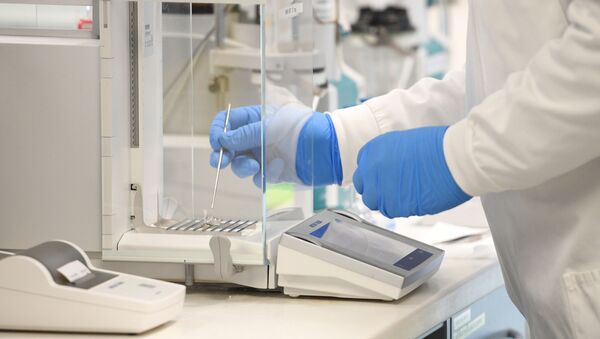Earlier this week, the UK-Swedish company reportedly froze the trials after discovering that one participant was sick with transverse myelitis. This condition results in the inflammation of parts of the spinal cord and may be caused by infections, among other things. The Financial Times newspaper subsequently reported that AstraZeneca might resume clinical trials of its COVID-19 vaccine early next week.
"We see some delay in clinical trials of AstraZeneca, and we hope that the trial will be resumed soon. However, it shows the risks of the new vaccines, which are based on new untested technologies. So what is very important is that the human adenovirus technologies [are] very well studied," Dmitriev said, adding that Russian vaccine had advantage of using human adenovirus in trials.
According to the CEO, the Russian vaccine's weakest part was that many people might have immunity to the human adenovirus, which potentially could make the vaccine inefficient. Therefore, Russian scientists have found a dose, which will allow everyone to develop a very strong immunity.
"My main idea is the following: different counties are now taking a decision about the vaccine portfolio. And of course, this portfolio should include human adenovirus-based vaccines ... we believe that all the countries should have human adenovirus-based vaccines, because this is the most rightest approach that has proven itself already," Dmitriev concluded.
The Russian Health Ministry registered in August the world's first vaccine for the prevention of COVID-19, developed by the Gamaleya Center and produced jointly with the RDIF. Dmitriev has previously said that the fund had received applications from over 20 countries for the purchase of a billion doses of the Russian coronavirus vaccine.


